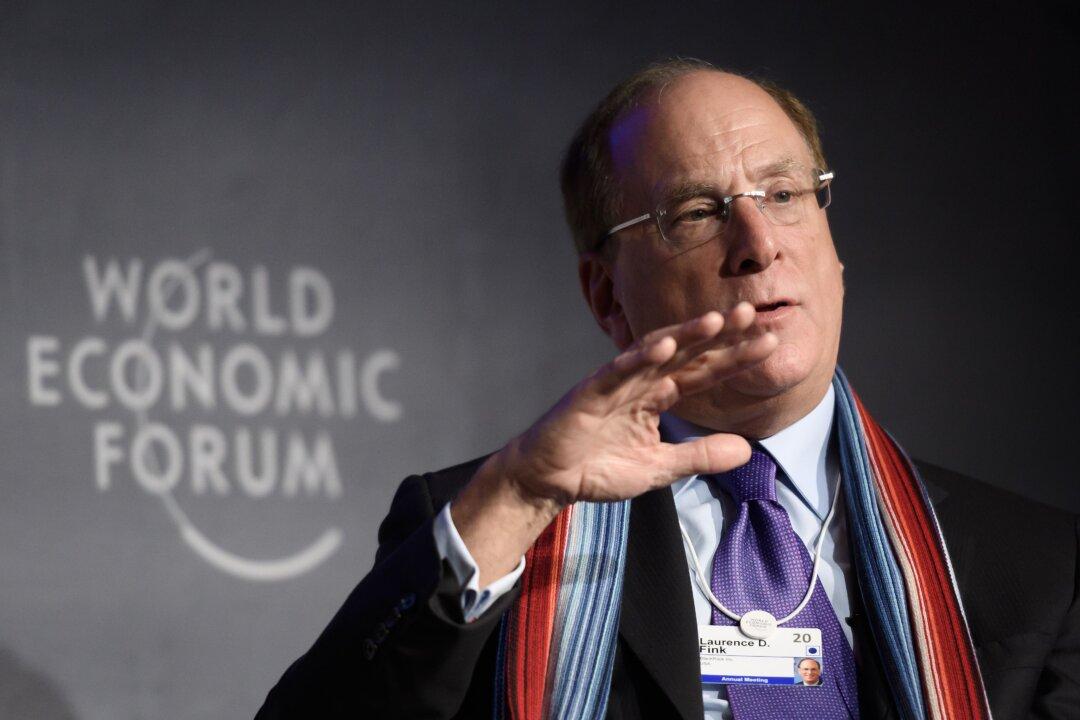Larry Fink, chief executive of BlackRock, the world’s biggest asset manager, said that the war in Ukraine will put an end to globalization as governments and businesses cut ties with Russia, while warning that a large-scale reorienting of supply chains will be inflationary.
“The Russian invasion of Ukraine has put an end to the globalization we have experienced over the last three decades,” Fink wrote in a March 24 letter to shareholders, in which he noted that the Russian offensive in Ukraine had catalyzed nations to sever financial and business ties with Moscow.





